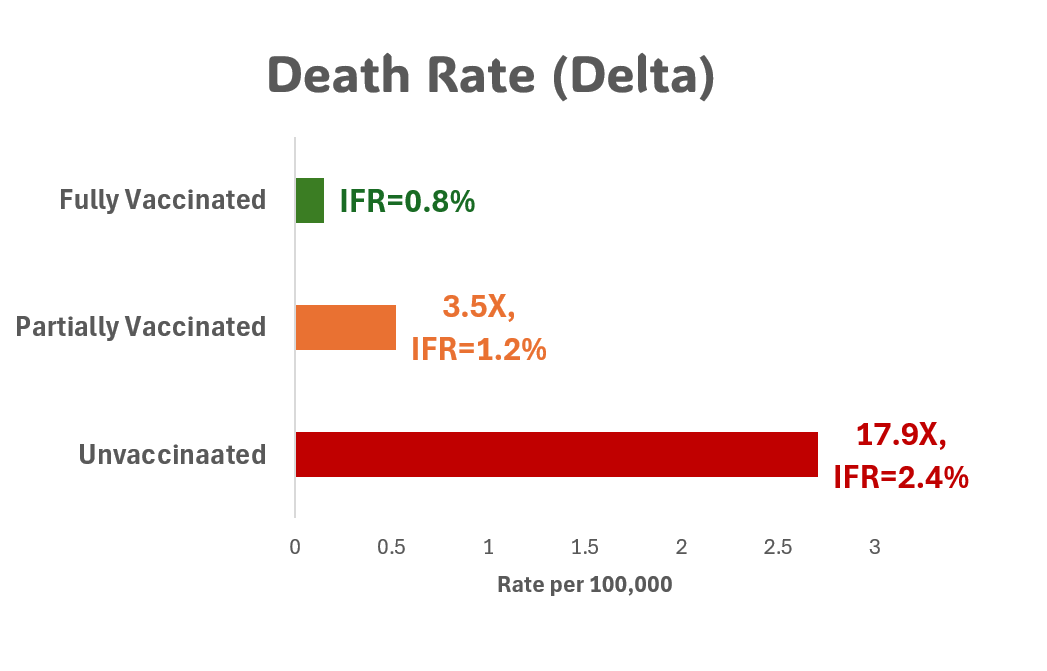Suicidology during the Pandemic (US)
=-=-=-=-=-=-=-=-=-=-=-=-=-==-=
(and a quick lesson in visualization)
Suicide rates decreased significantly when the pandemic started, and remained lower than 2019 for the remainder of the year. This is the monthly breakdown.
#COVID19 /1
=-=-=-=-=-=-=-=-=-=-=-=-=-==-=
(and a quick lesson in visualization)
Suicide rates decreased significantly when the pandemic started, and remained lower than 2019 for the remainder of the year. This is the monthly breakdown.
#COVID19 /1

This is the best way to visualize yearly changes, and media types/communication types, please take note. This graph contains all of the necessary information to put a yearly change into context.
This graph is my invention, called the "GETH"
Why is it the best, you ask? /2
This graph is my invention, called the "GETH"
Why is it the best, you ask? /2
FIRST: it standardizes each month and year to "per 100,000 per year". Populations change over time and months have 28-31 days. This variation matters and without controlling, introduces error. /3 

SECOND: it shows the historical context. the years prior to the previous year are in grey, and the most recent year is more prominent and highlighted in blue. /4 

THIRD: it shows error bars for the "target year" (2020). Error bars are not necessary for the fact, but they ARE necessary to determine whether or not a change is outside of expectations. See how clearly April and May are lower than previous years? /5 

By combining all these things together, you can get a sense of year-on-year change, as well as the historical context, as well as the variation one would expect. /6
The GETH is also useful for subgroups.
Here we can see the 2020 changes for Men in the United States. April was significantly lower, and every month following was either lower than or the same as 2019. /7
Here we can see the 2020 changes for Men in the United States. April was significantly lower, and every month following was either lower than or the same as 2019. /7

Women fared even better, with many of the months being lower (and 5 significantly so) than previous years. /8 

Unless you're a real estate board trying to pump your industry, you should always include:
1) population & time adjustment
(not just "# of deaths")
2) historical information for context
(not just year-over-year change)
3) uncertainty measure (i use 95% CI for proportion) /9
1) population & time adjustment
(not just "# of deaths")
2) historical information for context
(not just year-over-year change)
3) uncertainty measure (i use 95% CI for proportion) /9
The GETH does all of that, and in one graph, you can convey all of the information necessary to understand the larger picture.
Be a good science communicator! Follow these principles. /10
Be a good science communicator! Follow these principles. /10
(and yes, by the way, GETH is inspired by @masseffect, because I am a geek. To make the acronym work, it's short for "Graphical Envisioning of Temporal Happenstances", because it can be used for any time frame and any occurrence, not just suicide)
with <3 to @bioware /11
with <3 to @bioware /11
• • •
Missing some Tweet in this thread? You can try to
force a refresh












